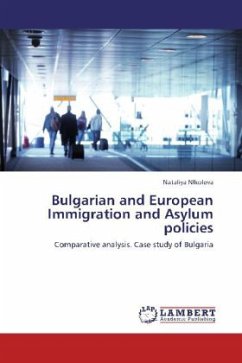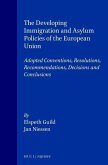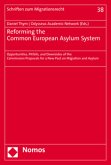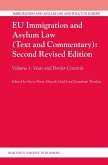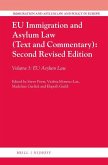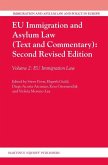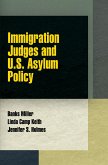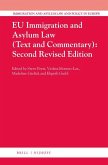The research focuses on the comparative analysis of the Bulgarian and European Policies on asylum and immigration within the intensive framework of the European Integration process. The main case study is the elaboration of the Bulgarian Policies on migration and refugees after the fall of the Communism and in the relations with the accession process to the EU. The Chapter on the developments of the immigration and asylum Policies in Bulgaria a main case study of this research , focuses on the progress in these fields since 1992. It argues that these Policies have been introduced after the beginning of the Democratization Process in 1989 and more specifically as conditionality-part of the EU Integration Process. It presents how the EU is exporting its emerging policies- including asylum and immigration policies to Bulgaria through the conditionality for EU membership. One of the issues which are discussed in the main case study argues that the Europeanization process and the conditionality for membership gives the Union significant leverage in transferring to the candidate countries its principles, norms, and as well in shaping their institutional and administrative structure.
